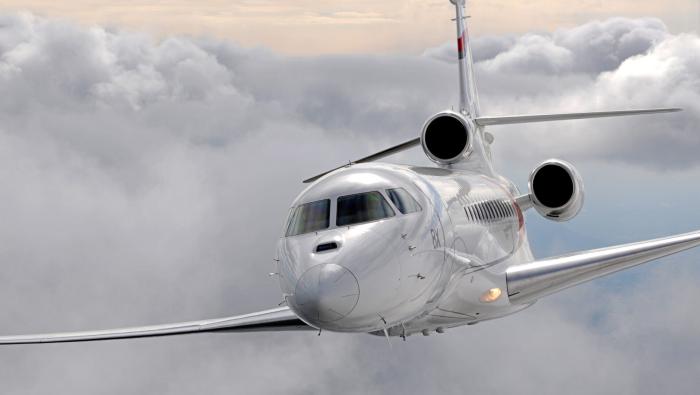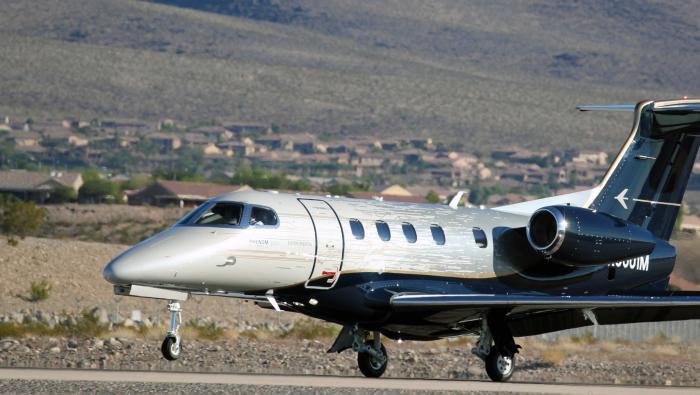With the new Airbus A380 expected to begin operations in little more than ten months’ time, service-support companies are beginning to position themselves to offer maintenance and spares provision for the giant airliner. Already, Spairliners–a Lufthansa/Air France joint venture–has begun recruiting engineers and marketing its services, while Australian flag-carrier Qantas and SR Technics have a nonbinding deal to consider their own component-related joint venture.
Spairliners claims to be on track to serve early A380 operators. It plans to offer material management, customer service and aircraft-on-ground support from Hamburg, with central stock and logistics management being controlled from Paris. Spairliners also will offer component overhaul and repair, parts-pool management and related logistics.
Chief executive Jean-Luc Fattelay sees the seven A380 customers for 49 aircraft based here in the Asia/Pacific region as “natural candidates” for participation in a global network. “They will benefit from lower provision and repair costs and the buying power of a strong provider,” he said. He argues that the parent companies’ involvement in A380 customer focus groups makes Spairliners a unique component services provider. Lufthansa and Air France have ordered a total of 25 A380s, with the German operator set to receive its first aircraft in about two years’ time, ahead of its partner which will take delivery in mid-2008.
The French company has urged A380 operators not to delay establishing component-support arrangements. Pointing out that almost all A380 fleets will be relatively small, Air France Industries president Alain Bassil said it is a complicated aircraft requiring a significant level of support investment.
For its part, Qantas–which will be the second airline after Singapore Airlines to operate the A380–and SR Technics last month signed a memorandum of understanding to “look at” setting up an A380 component-management and supply joint venture, consider possible base location and find customers. The two companies are focusing on requirements in the Asia/Pacific region.







